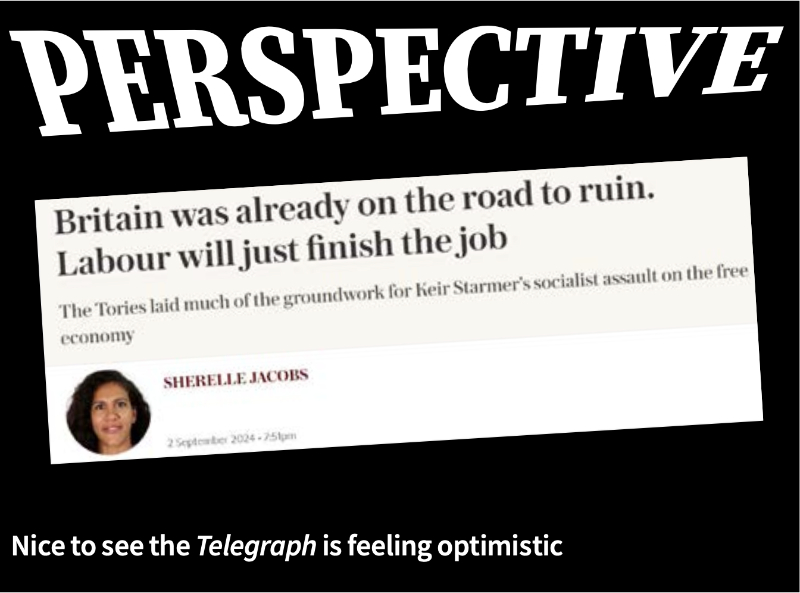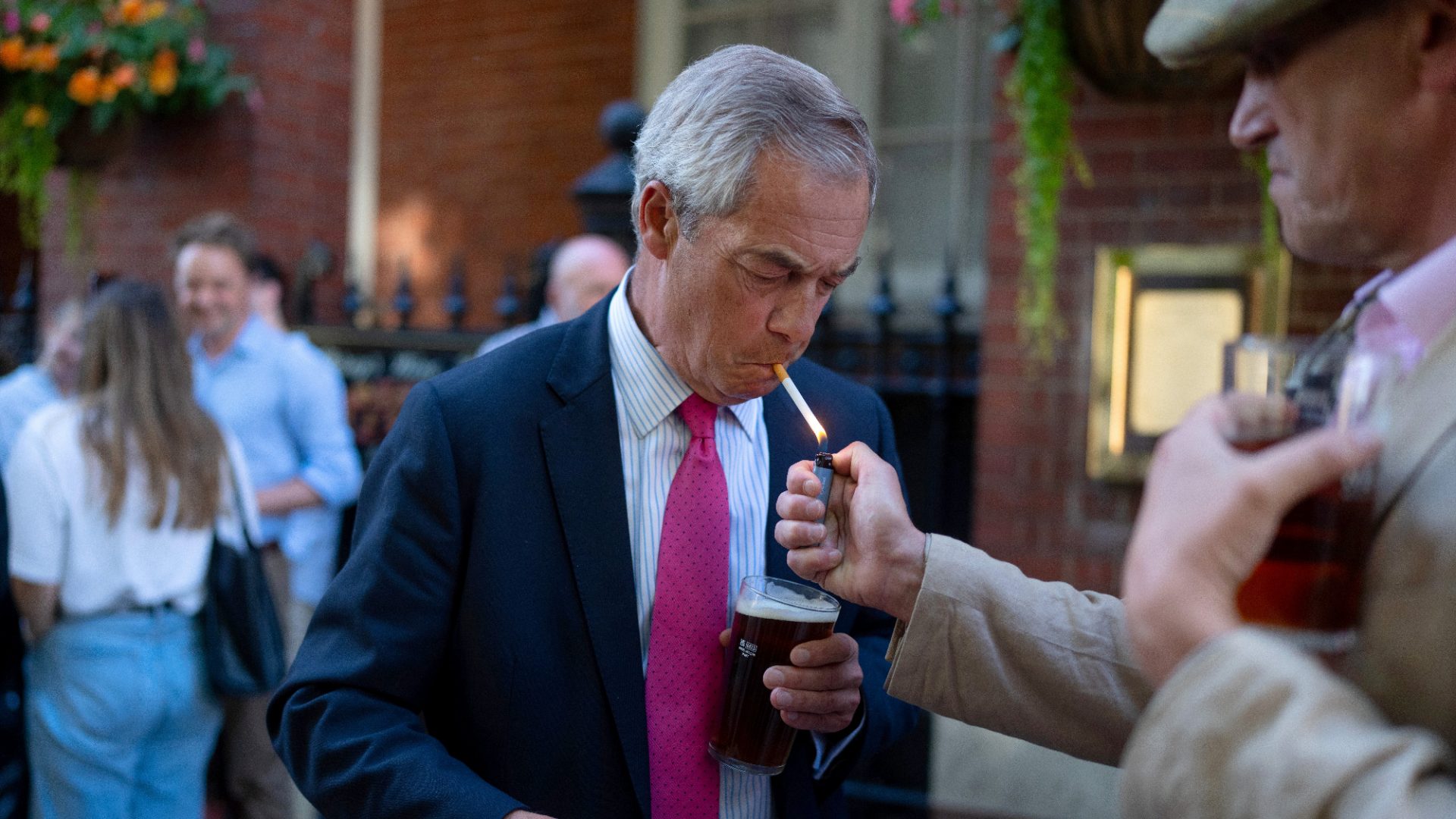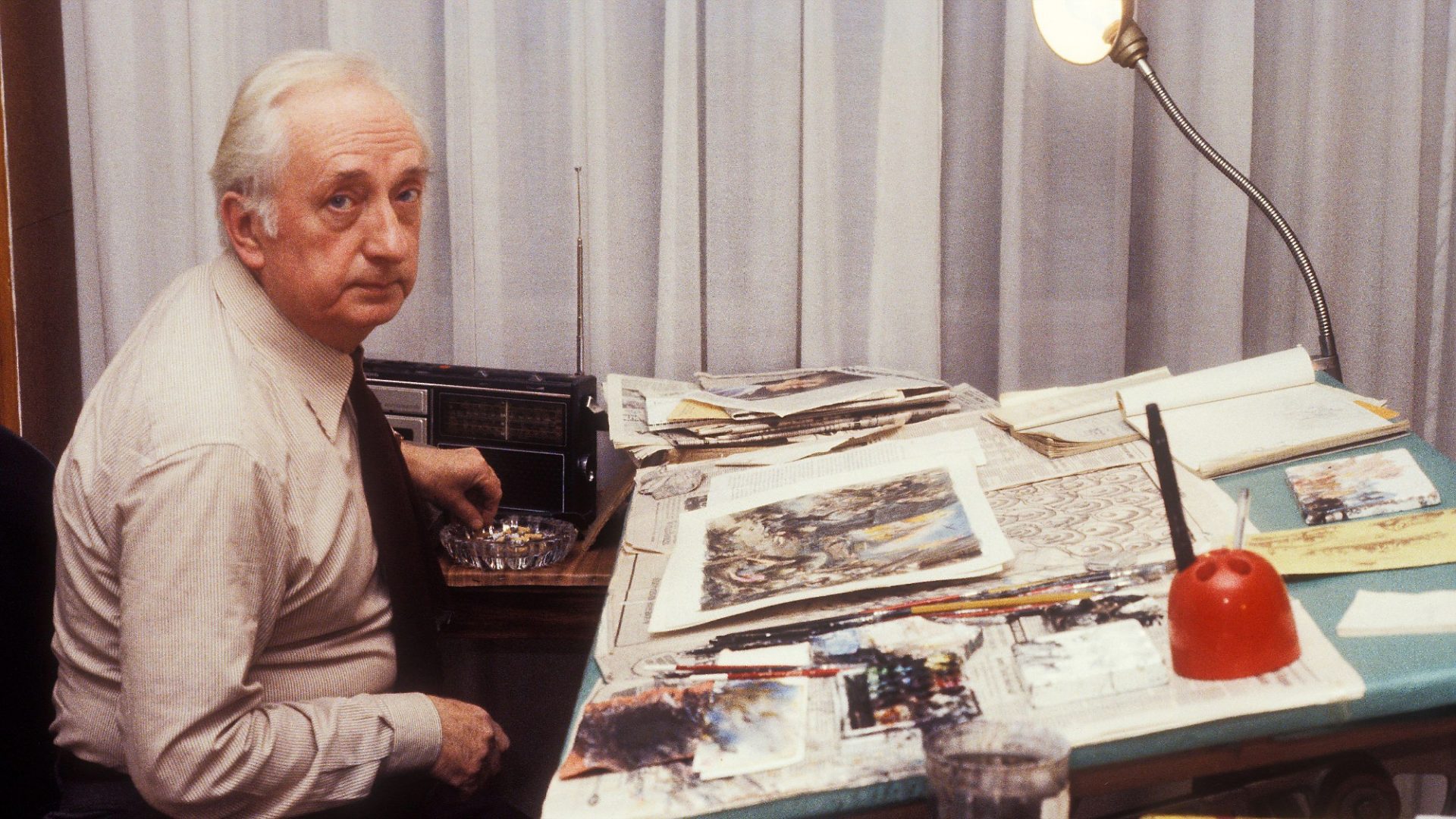Nigel Warburton (Everyday Philosophy, TNE #403) says it is difficult to know what the consequences of an outdoor smoking ban would be. We can look at Australia and see what happened there.
Australia’s pubs and parks still have very small smoking areas, away from others. But smoking is banned on beaches and in children’s playgrounds.
Partly as a consequence, smoking rates have continued to drop. While pub attendances also did for a short time after the ban was phased in, they have since recovered and publicans report more people choosing to eat on their premises now the smokers have been exiled.
Janet Welsh
If a smoking ban in beer gardens comes in, how many non-smokers will start using beer gardens again? I haven’t noticed this being discussed in the press…
Colin Hayes
A couple of weeks ago I was cycling along the route that Edward Thomas took in 1913, immortalised in his book In Pursuit of Spring. I stopped in Alton for some lunch at a cafe. There were three tables outside on the pavement so I sat there in the sun enjoying a pot of tea and a toasted sandwich.
There were two blokes about the same age as me (67) at the next table. All was bliss until one of them got his fags out, and for the rest of my lunch I might as well have been sitting in a mustard gas cloud. I rushed the rest of my lunch and left.
I think that is a good example of why I fully support the proposal. PS: rushing my lunch caused me considerable indigestion.
Gerald Hoban
Nigel Warburton says that proposed new restrictions on smoking contravene John Stuart Mill’s argument for unrestricted liberty within limits imposed by avoidance of harm to others. The problem is that most smokers do not experience themselves as free agents. The addictive pharmacology of nicotine reduces freedom of action, and many smokers come to resent their difficulty in quitting.
While tobacco companies hide behind libertarian myths to justify their trade, a benevolent state is right to examine the case for making smoking more difficult, if doing so reduces recruitment and self-exposure to tobacco. That is the only question that interests me, and it’s a good one.
Dr Andrew Blewett
Exeter, Devon
It’s a very long time since I had a cigarette, and I was never an addict. But a ban on outdoor smoking is definitely a step too far.
It’s not going to stop the people who still want to smoke from doing so – and banning smoking in pub gardens or outdoor smoking areas would be a kick in the teeth to our steadily decreasing number of pub landlords, who have spent thousands creating those special areas.
Heather Prydderch

Trumping Christianity
Re: “Trump’s holy war” by Matthew d’Ancona (TNE #403). People have long misappropriated “religion” for personal power. Jesus spent time arguing with such people – and He warned about future fake Christians.
Trumpism epitomises this. Donald Trump is antithetical to Jesus’s teachings. Our media likes to report on Trump fanatics because doing so gets clicks, and so people outside of Christian circles end up with a completely fallacious impression of Christianity and the Christian community.
Grace Dalton
Single mindedness
Re: “The promise Starmer should have broken” by James Ball (TNE #403).
I don’t think he’ll be able to keep up the pretence that it’s not in the national interest to rejoin the single market and customs union for much longer. No money = no progress = no Labour in power after 2029.
Michael Robinson
Spent forces
Luke McGee’s “Unarmed and dangerous” (TNE #403) was very good. I spent 23 years in the army and was happy to leave before the second Gulf war. Much money is wasted, or spent poorly.
In the forces each camp or barracks has a budget and each element within that camp/barracks has a budget. If a budget is not spent in full in one financial year, it is likely to be reduced in the following year.
So accommodation (one budget) might be desperate for cash to prevent an issue becoming worse, but the budget is spent. Another area may be surplus in budget, so buys computers to spend the budget to avoid it being reduced. This is crazy. The forces are not a private company, and simply cannot be run as one.
Ian Dowdle
Missing from Luke McGee’s article was mention of a possible European defence force. Currently the continent presents to possible enemies dozens of small armies and not one coordinated unit with the same weapons, same uniforms, same command and same purpose.
European history and national pride have stopped us making this leap, but perhaps we should.
Roy Watson
Worthing, Sussex
The error of our ways
Interesting piece about current events in Slovakia in Carousel (TNE #403). But why was it headed “Serbia”?
M Greenwood
Barking, London
No true socialist
In his diary (TNE #402), Alastair Campbell refers to “the Corbyn wilderness” – a wilderness that brought in more members than the Labour Party had ever had and whom Keir Starmer has now lost, and that produced a manifesto that was widely approved. Corbyn was not brought down by Corbynism but by the right wing press that Campbell cosied up to in the Tony Blair years, and by the Tory-lites of the Labour Party who are now in charge.
Starmer is a typical, conservatively minded lawyer. His policy on Brexit, insofar as it can be called a policy, is monumentally stupid and ultimately economically damaging to the UK. His refusal to countenance the youth exchange programme of the EU tells the next generation to vote that the Labour Party is not for them. His treatment of potential, and indeed, accepted, left wing candidates for the election was nothing short of appalling, and lost the party more than one seat. And as a declared “socialist” he accepts a knighthood simply for doing his job for five years – any true socialist would have spurned the idea, knowing that thousands do their jobs for decades, often with abuse from the right wing press.
I would not be in the least surprised if this is a one-term Labour government: it lacks any radical ideas and only radical change will save this country.
Tom Wilson, Professor Emeritus,
University of Sheffield

Bread of the dead
Josh Barrie’s piquant salute to the demise of the deli I Camisa (“Death of a deli”, TNE #402) is a reminder of Soho’s Capa Del Cibo, Parmigiani Figlio, which held sway in that rackety universe from 1909 until 1982.
The families were, inevitably, rivals in their attempts to bring the taste of Italy to the culinary wasteland of 20th-century England. Parmigiani Figlio’s mozzarella di bufala was hard to beat, so too the sliced Parma ham, the bresaola and mortadella. They broke the mould for part-baked frozen ciabatta and Neapolitan frozen pizzas, they specialised in tiramisù, and, of course, Italian-made ice-cream. And how about Cipriani’s Bellini cocktail mixed with panache in one large bottle?
The rivalry between the great delis and their inventive owners has long been forgotten but, surprisingly, their descendants are never far from each other’s thoughts. Both families lie buried in a cemetery in the ancestral home they hail from, the unremarkable Piedmont village of Tarsogno.
Presumably they are arguing over how much spice to add to their Pan dei Morti.
Richard Holledge
London W14
Disoriented
Will Self needs to box his compass (Multicultural Man, TNE #402). The front line in Notting Hill, home of the Mangrove, was actually All Saints Road, W11. Railton Road was the Brixton front line, off Coldharbour Lane, SE24, and some years behind in the regeneration game.
Graeme Ewens
To be, or not to be Delon
I have just got around to reading Steve Anglesey’s really apposite and entertaining piece about Alain Delon (TNE #401), of whom my wife was a fan. Years ago we were in a bar in Rhodes drinking way too much Metaxa, and next to us were two French sailors drinking even more than we were.
On the wall was a TV showing a movie, and my wife said “Oooh, it’s Alain Delon”. And one of the French sailors looked round and said “Non, non”. About 10 minutes later my wife said to me, “It really is Alain Delon,” and the sailor overheard and looked at the TV and said “NON!”
Then, about an hour later, near the end of the movie, the utterly drunk Alain Delon-denier turned around, looked at the TV, pointed and said, “ALAIN DELON, ALAIN DELON”.
Ever since, when presented with anything we don’t recognise at first, but subsequently do, my wife and I say “ALAIN DELON, ALAIN DELON”.
Michael O’Hare
Where is Romeo?
Re: The letters page conversation about Peter Trudgill’s column on “wherefore art thou, Romeo?” (TNE #400). Surely Juliet is saying, “Why are you Romeo rather than someone with a name that doesn’t belong to an enemy of my family – in which case we wouldn’t have a problem?”
Dorothy Woolley
Newark on Trent, Nottinghamshire
Further to Guy Mortensen’s letter (TNE #402), “wherefore” is meant to mean “for what reason” or “where is the for?” But Shakespeare wrote for a noisy, open-air theatre.
Juliet muses aloud to herself unaware of Romeo’s eavesdropping. The writer would have had her say “for what reason” or “why” in place of “wherefore” if he had not intended some of the audience, then as now, to hear ‘where”, some “for” and some “wherefore”. Therefore, for Shakespeare, wherefore was for three reasons.
Roland Lazarus
Billericay, Essex
Lookalike
Has anyone ever remarked upon the remarkable resemblance between Nigel Farage and James Baldwin (below)?
John Whitney
Devon

BELOW THE LINE
Comments, conversation and correspondence from our online subscribers
Re: Alastair Campbell’s Diary on Scottish independence (TNE #403). There is no doubting the fact that the recent wave of support for independence has receded.
In my humble opinion however, each wave follows on sooner than the previous one, and gets a little farther up the beach… Also Alastair, you don’t have to choose between being English or Scots, you can be both. My own kids are in this bracket, my wife being English. Although if asked, they would say Scots in spite of their English accents. I think that this reflects a rejection of Brexit with its anti-European overtones.
Roddy Grant
Re: Marie Le Conte on Oasis and other band reunions (TNE #403). Music is a truly great way to transcend the layers of life. Phoenix are one of my all time favourite bands. Reading this article & seeing them on TV at the Olympics instantly transports me back to playing an acoustic version of Lisztomania in a university band in Aberdeen. Not quite Paris, but the Mounthooly Roundabout underpass gig we played was still pretty fun.
Gordon Smith
Re: Liz Gerard on the decline of the Daily Express (TNE #403). It has been a long decline. Even in the early 1960s Prince Philip was describing it as “a bloody awful newspaper.” Lord Beaverbrook freely admitted he ran it as a propaganda outlet, and it was as much a Hitler appeasement supporter as the Mail.
David Marshland
The Daily Express is the newspaper for people who find the Daily Mail too much of an intellectual challenge.
Alexander Blackburn
How was the Express ever “once great”? And why do TNE journalists keep talking about One Nation Conservatism as if its something great to be admired and in thrall to?
Joel Rodker
Re: “Mandrake bows out” (TNE #403). We will miss you. Hopefully someone can up the awesome mantle that Mandrake is laying down. Always turned to it first.
Carolyn French
Re: “Framing Starmer” (TNE #403). What sane person would wish to share a space with that rather terrifying portrait of Thatcher? Oh, Paul Dacre – sorry, perhaps it could be given to him, to hang above his WC.
Michael Rosenthal
JOIN THE CONVERSATION
Subscribe and download our free new app to comment and chat with our writers



